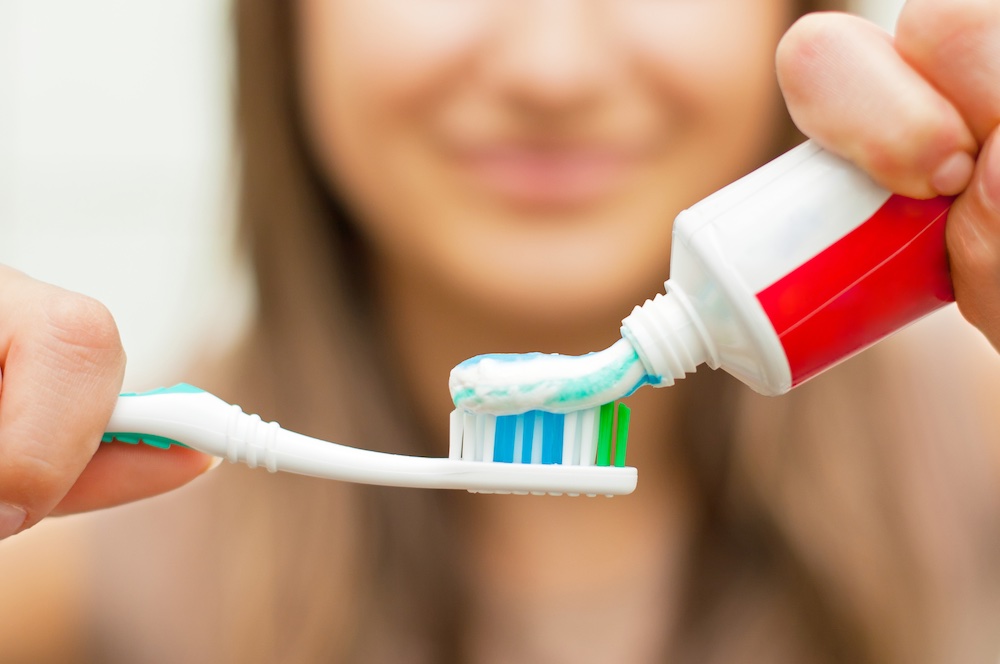While it's common knowledge that regular teeth cleanings are critical for oral health, a lesser-known fact is that maintaining a healthy mouth also impacts overall health. Preventing cavities and gum disease might be the intent of visiting your dentist twice a year, but you’re actually practicing whole-body health with those consistent dental visits. From heart disease to preventive care, following are the various benefits of oral care that extend beyond the mouth.
Cardiovascular Disease
For years, doctors and dentists have recognized a strong link between oral health and cardiac health. Numerous studies point to the fact that individuals with poor oral health, specifically gum disease, have higher rates of heart attack and stroke. A 2018 study of 65,000 cardiovascular events found a moderate correlation between tooth loss and coronary heart disease.
The leading theory connecting oral health and cardiovascular disease is related to bacteria infecting gums, leading to gingivitis and periodontitis. This bacteria can travel to blood vessels, causing inflammation and small blood clots, leading to heart attack or stroke. The theory has been supported by the discovery of remnants of oral bacteria within blood vessels located far from the mouth.
Endocarditis, an infection of the heart chamber’s inner lining, has also been connected to poor oral health. This can happen when bacteria or other germs spread to the bloodstream and attach to certain areas in the heart.
Alzheimer’s Disease & Dementia
A recent study by the National Institute on Aging (NIA) has connected periodontal disease to the development of Alzheimer’s Disease and vascular dementia. As reported in the Journal of Alzheimer’s Disease, periodontitis is characterized by “bad bacteria,” teeth degradation, increased pocket depths, inflammation, and bone loss. The associated bacteria travels through the bloodstream to the brain, suggesting this sequence of events can lead to dementia.
NIA experts examined whether the bacteria associated with periodontal infections were linked to dementia diagnoses and deaths, and confirmed that older adults with signs of periodontitis were more likely to develop Alzheimer’s during the study period. The study compared different age groups of 6,000 total patients with up to 26 years of follow-up.
Respiratory Disease
The mouth is the central entry point for bacteria and viruses to enter the body, putting the lungs and bronchi at increased risk considering their proximity to the mouth. If bacteria is present in the mouth due to poor oral hygiene, it can be aspirated into the lungs and lead to certain respiratory diseases. Studies have shown that chronic periodontitis and oral bacteria are associated with the onset and progression of pneumonia, influenza, and chronic obstructive pulmonary disease.
Lifestyle
A strong correlation has also been made between oral health and an overall healthy lifestyle. Those who are consistent with teeth cleanings and prioritize oral health often tend to live active lifestyles, prioritize nutrition, take vitamins, maintain a healthy weight, and are non-smokers. A healthy lifestyle without tobacco product use is a significant factor, considering the strong connection between tobacco and gum disease. These individuals also have reduced sugar intake due to their focus on nutrition, which helps to prevent cavities.
 Preventive Care
Preventive Care
Preventive dental care, such as twice-annual teeth cleanings, helps detect oral health issues before they become a major problem. Through dental x-rays and visual examinations, a dentist can see the beginnings of a lurking problem, taking action so it doesn’t escalate and require costly and painful procedures. Preventive dental care can also have a detrimental effect on your future health, helping to avoid the serious diseases detailed above.
While the body’s natural immune system helps fight illness and disease, good oral hygiene supports your immune system by keeping harmful bacteria at bay. In order to maintain optimal overall health, be sure to brush and floss your teeth twice daily, use mouthwash to help remove food particles, avoid eating sugary foods, avoid tobacco products, and schedule regular teeth cleanings. These efforts combined will not only improve your oral health but your overall health as well.
To learn more about how regular teeth cleanings and oral hygiene benefit overall health, contact us.

